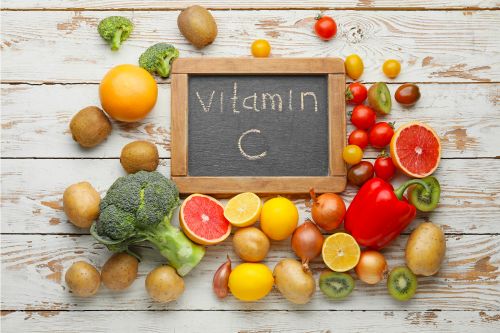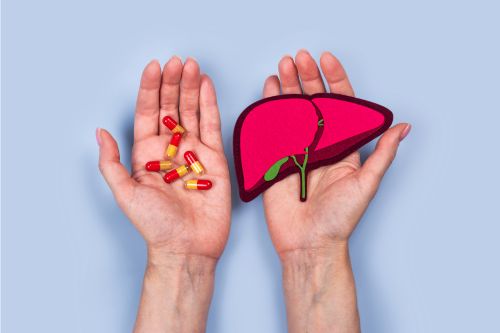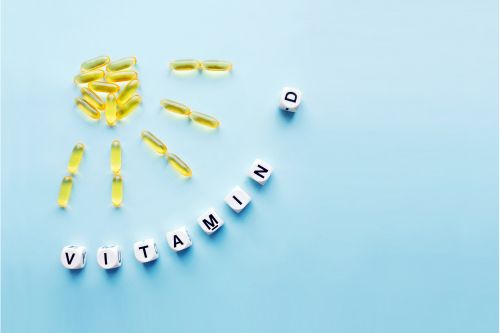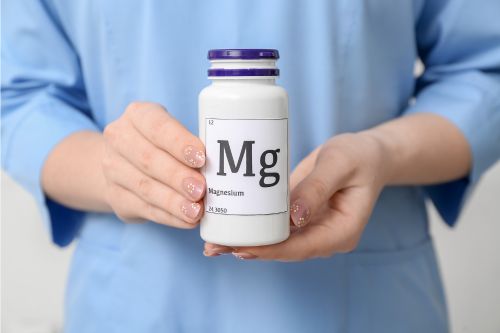4 Min Read
5 Hacks to Reduce Inflammation
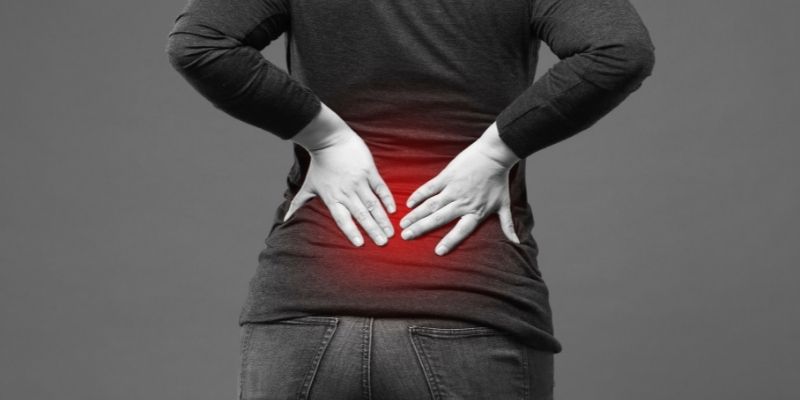
Inflammation has become known as the 21st century silent killer. There are two types of inflammation: acute and chronic. Scraping of the elbow from falling off a bicycle will result in redness, pain, swelling, itching and heat around the damaged area – this is known as acute inflammation. Inflammation is the body’s natural response to protect against injury or infection (virus, bacteria, fungus, toxin) and promote healing. Once the threat ceases, inflammation should arrest. Without this phase, the body cannot repair damage and restore to its normal physiological function. Inflammation can become chronic when the offender is continuous and the body has to work harder to continuously fight it off. When the body can no longer shut inflammation off, it is in a constant stressed state, which compromises the immune system and puts us at risk for more chronic diseases.
Chronic inflammation can go unnoticed through subtle signs and symptoms leading to chronic disease. It begins with an infection, autoimmune reaction or allergy. Generally, inflammation is denoted with the suffix “itis” in conditions like, arthritis, colitis, bursitis, tendinitis etc. Culprits include: poor diet, lack of exercise, stress, chronic infections (bacteria, fungus, viruses) , environmental toxins (mold, pesticides, pollution, heavy metals), excessive alcohol intake, being overweight and smoking. Chronic inflammation and increased stress on the body can lead to the following diseases: Alzheimer’s, atherosclerosis, arthritis, asthma/allergies, cancer, Type II diabetes, heart disease, stroke, inflammatory bowel disease and obesity. There is now an association between inflammation and heart disease. Chronic inflammation in the circulatory system or heart is being recognized as a major factor in heart attacks and strokes.
Traditional medicine involves alleviating the symptoms of pain while taking analgesics and NSAID’s. These help with symptoms in the short-term but fail to address the underlying cause of inflammation and thus negatively impacts long-term health. Many people have turned to complementary and alternative medicine to treat inflammatory conditions while also investigating the root cause. Treatment of inflammation revolves around dietary changes and supplementation.
Below are 5 steps to living an anti-inflammatory life:
1. Diet
- Opt for the unprocessed, unrefined foods
- Increase consumption of fruits and vegetables which reduce inflammation through their high content of antioxidants (apples, blueberries, blackberries etc.)
- Chose healthy fats – monounsaturated fats (olive oils, nuts, avocados)
- Reduce pro-inflammatory foods (processed sugar, sodas, gluten, dairy, trans fats,) and chose natural sugars instead (maple syrup, honey, coconut sugar)
- Avoid food allergens – Overtime this causes the intestines to become inflamed leading to a leaky intestinal wall. Common allergens include: dairy, wheat, gluten, corn, soy and eggs
- Reduce coffee and replace with herbal teas (Chamomile and peppermint teas are great for digestion!)
2. Exercise
- Reduces inflammation
- Improves immune function
- Strengthens the cardiovascular system
- Improves insulin resistance
- Decreases cortisol levels
- Improves mood
3. Relaxation
- Participating in stress reduction techniques relaxes nerves
- Deep breathing
- Yoga
4. Heal your gut
- Restoring balance of healthy bacteria in the gut can improve digestion and reduce inflammation
- Improves detoxification and immunity
5. Anti-inflammatory supplements
- Essential Fatty acids (EFA)’s - The healthy ratio of Omega 3:Omega 6 in the diet should be 1:1 or 2:1, but the typical Western diet ratio is about 10:1. Omega 6 oils include safflower, sunflower, or corn oils that are typically pro-inflammatory. It is important to increase Omega 3 content (EPA) which is highly anti-inflammatory
- When looking for right fish oil supplement, aim for a 2:1 ratio of EPA:DHA. This is beneficial for pain related conditions.
-
Curcumin, Ginger - Potent anti-inflammatories. Can work as well as NSAID’s without the side effects of pharmaceutical painkillers
- When looking for the right curcumin supplement, aim for curcumin with a phospholipid complex or Theracurcumin which allows for optimal absorption. Optimal dosages vary between 400-600 mg of curcumin.
- When looking for the right garlic supplement, aim for one that provides Allicin (bioavailable and ready for the body to use) or enteric coated garlic. Optimal dosages vary from 300-500 mg.
-
Boswelia (Frankincense) - Used in treatment of degenerative and inflammatory joint disorders
- When looking for the right boswelia supplement, aim for one that is 35-60% Boswelic acid with approximately 80-100 mg.
-
Methylsulfonylmethane (MSM) - Analgesic and anti-inflammatory properties to reduce pain and swelling
- When looking for the right MSM supplement, aim for approximately 500-1000mg.
-
Natural Eggshell membrane (NEM) - Whole food source of glucosamine, chondroitin, hyaluronic acid and type 1 collagen. Contain naturally occurring proteins that are needed to maintain healthy joints and connective tissues
- When looking for the right NEM supplement, aim for 400-500 mg.
-
Green Tea - Neuroprotective (anti-oxidant properties) and anti-inflammatory
- When looking for the right Great tea supplement, aim for 75% EGCG with an average dosage of 500-700 mg.
Consult a Naturopathic Doctor prior to starting these supplements to ensure no interactions exist between existing medications and natural supplements and to take the recommended amounts of each.
Be sure to get enough sleep - roughly 7 hours a night and manage stress levels to the best of your abilities. Chronic inflammation can be worsened by stress, lack of sleep, environmental toxins and/or dietary sensitivity. Speak to a Naturopathic Doctor to investigate the causes of your chronic inflammation so an appropriate treatment protocol can be set in place for you.
Blog Written by: Dr. Saira Kassam | 2018
